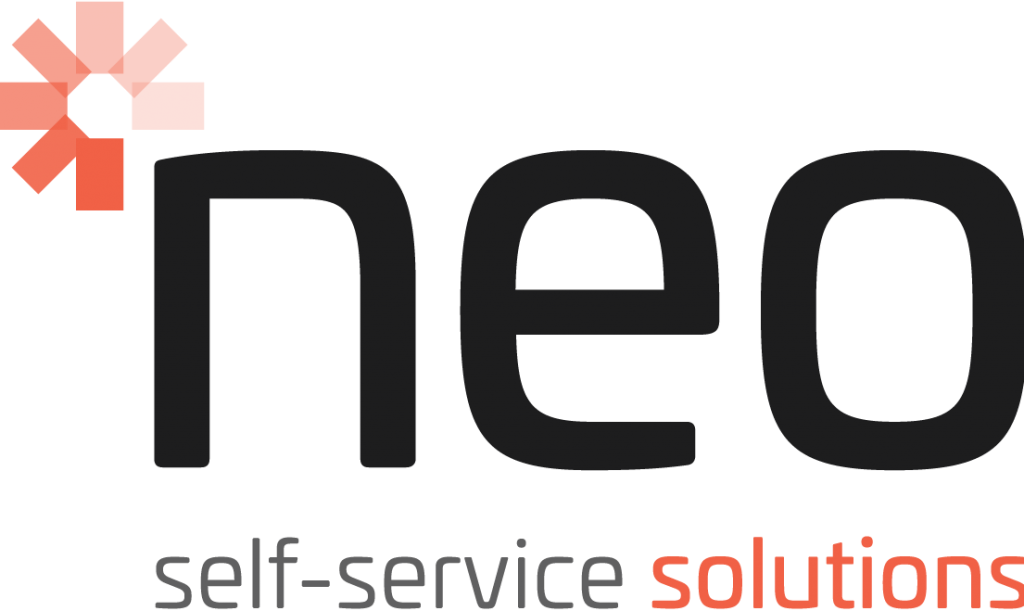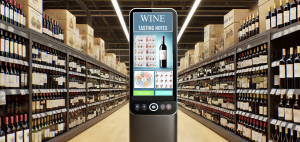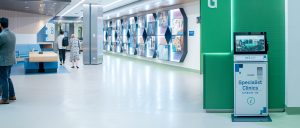How automated technology can help keep the public safe.
We’re living and working in unprecedented times. Zoom is the new office, and living rooms have replaced boardrooms. But this won’t be forever. In this unfamiliar environment, public spaces that house large gatherings of people must begin to plan and adapt to the post-isolation environment.

Adapting to the new environment
High traffic business spaces such as shopping centres, hospitals, airports and supermarkets need to think about their impact on public health and safety. Currently, physical barriers and aids such as railings and fire exits are mandatory but preventative measures for biological dangers aren’t.
But whose responsibility is it? Ultimately every place of business and leisure across the country has their part to play. When it comes to spaces and buildings, asset and property managers have a responsibility to find new ways of offering safe working environments.
After the September 11 Attacks, airport security has dramatically increased. New security measures were implemented as a direct result of the terror attacks – introducing new safety precautions and identity checks. We are in a similar situation today, except now our enemy is microscopic, difficult to detect and track.

Maintaining the latest technology and resources with modular designs
NEO has a long history of automating previously human resource-intensive services. For a long time now, self-service solutions have been able to perform check-ins, check-outs, dispensing and scanning, to name a few. But in this new post-COVID era, the self-service terminal can play a role in innovating how we serve the public, providing invaluable solutions for streamline space and people management and keeping us all safe.
Kiosks should no longer be seen as single-service machines but instead multi-functional pieces of technology at the centre of service design. This is where new technologies have a significant part to play. Emerging AI-driven technologies such as facial and voice recognition paired with cloud-based infrastructure offer modular design and instant software updates to change the way we service the public. With rapid turnaround times, this new generation of kiosks can go through hundreds of software, hardware, and modular updates to provide the public with a guaranteed up-to-date and relevant service.
An example of this multi-service approach has been our partnership with Idemia to create Border control kiosks. Australian Border Control has the ability to seamlessly modify self-service terminals to help protect Australian borders. The modular design allows us to upgrade features, be it software or hardware, to suit current conditions and use cases. In the case of COVID-19 this means exploring the latest technologies as it relates to fever detection and prevention. Automated technology that will keep us safe.
- Touchless interactions. Using voice and facial recognition reduces the need for physical contact – reducing the risk of viral or bacterial transmission. Our Research & Development team are currently working in collaboration with software experts to explore a new generation of facial recognition software that pairs both voice and facial recognition to streamline visitor management.
- Instantly adaptable software components. To ensure service design allows for the sharing of vital information quickly. A connected and centralised network will provide the public with fast, accurate news and information directly via terminal displays.
- Biometric scanning and monitoring. We know it takes one to infect many so particularly places with high-risk members of the public may want to invest in non-invasive temperate detention. Infrared scanning allows us to scan the bodily temperature of a user – whether they are using the kiosk directly or walking past.
- Module attachments. Allowing us to attach new modules to existing kiosks, such as our hand-sanitizer dispensers & thermal imaging sensors.
While the world settles into the disruptive changes COVID-19 has had on business communities across the globe, it is time to adapt space and public management strategies for the new normal. Our response at Neo is to fast-track the release of our modular designed product line over the coming weeks, combining this with proprietary AI-driven software to provide our clients with streamlined interfaces that will ultimately keep the public safe.



